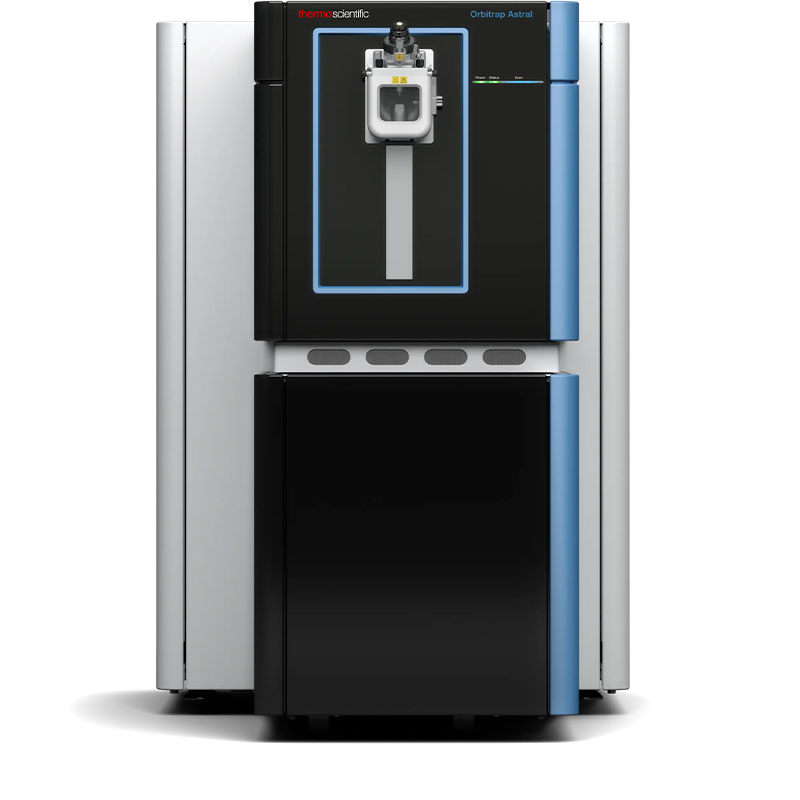
Proteograph ONE Assay
Unlock large-scale studies with the Proteograph ONE Assay
Unlock the hidden insights of the proteome to spark new breakthroughs

› Identify up to 10X more protein groups than direct (neat) methods
› Analyze 1,000+ samples per week with the Proteograph ONE workflow

I am super excited about the 2X boost in throughput we’ll achieve with the Proteograph ONE workflow, and the population scale studies it will enable.

Josh Coon, Ph.D.Professor of Chemistry and Biomolecular Chemistry
University of Wisconsin-Madison
Seer’s solution has always been unmatched in its depth and robustness—and now it’s further scalable and more cost-effective too. This allows us to assess the complexity of the proteome in our population studies at unprecedented resolution.

Gary Patti, Ph.D.Professor of Chemistry, Genetics and Medicine
Washington University
With the Proteograph Product Suite, Seer enables you to uncover the insights that will elevate your advantage in proteomics—revealing more of the proteome for you, so you can unveil new discoveries for the world.

Unlock large-scale studies with the Proteograph ONE Assay

Optimize reproducibility and throughput with the SP200 Automation Instrument

Utilize mass spectrometry, the gold standard for high-resolution proteomic profiling

Accelerate deep biological insights with the Proteograph Analysis Suite
Compared to a manual workflow, the Proteograph DIRECT assay delivers highly reproducible results for routine peptide preparation.


Technical Note
Advancing Analytical Throughput and Depth in Plasma Proteomic Studies with the Proteograph ONE Workflow

Technical note
Automating Sample Preparation for Proteomic Analysis Using the Proteograph DIRECT Workflow

Specification Sheet
SP200 Automation Instrument Product Specifications
Seer enables unbiased, deep, rapid proteomics at scale through the Proteograph Product Suite in multiple ways to meet the budgetary and operational needs of all types of projects.
Talk with our team of experts today to start expanding your lab’s capability for biological discovery.